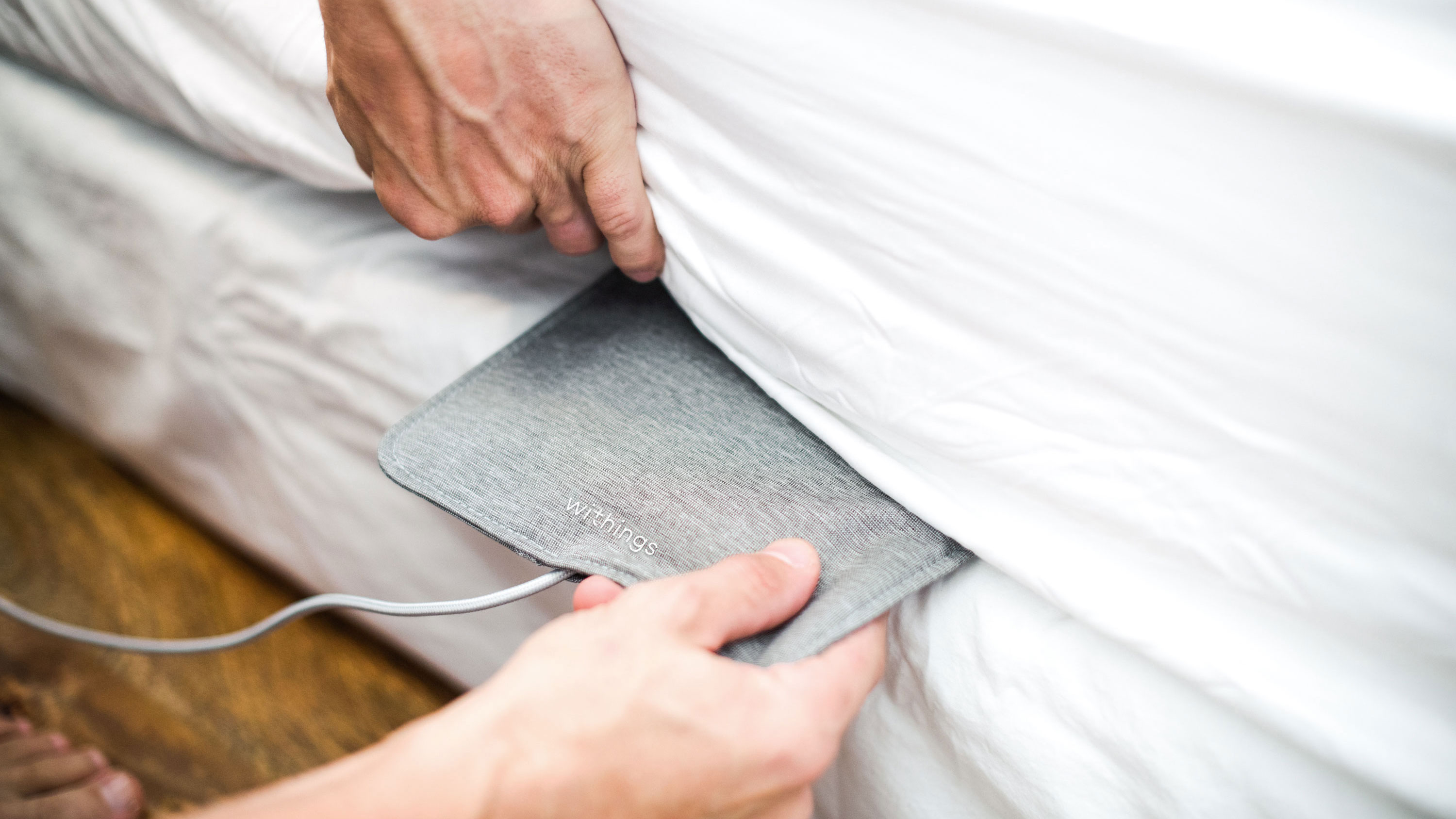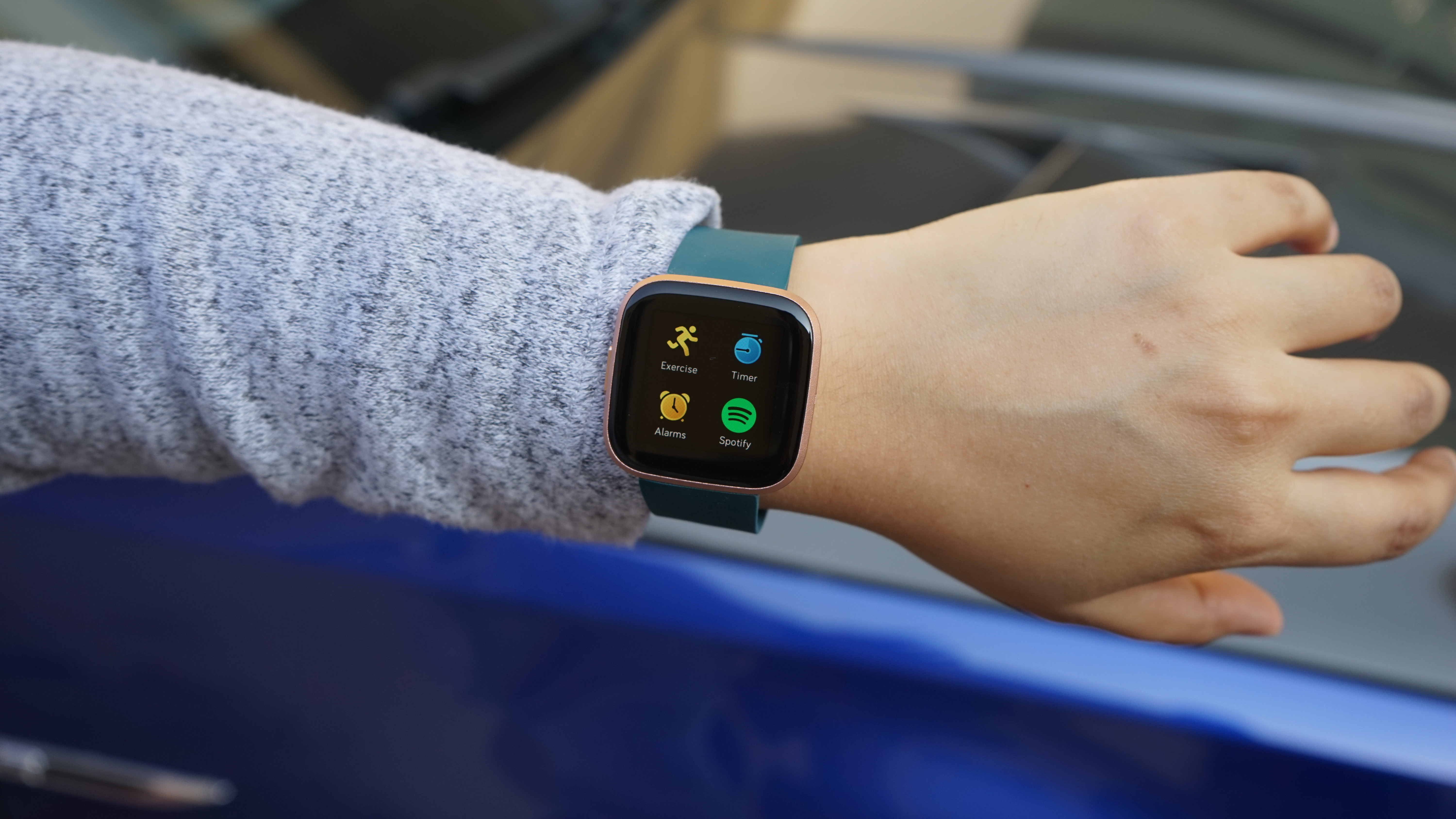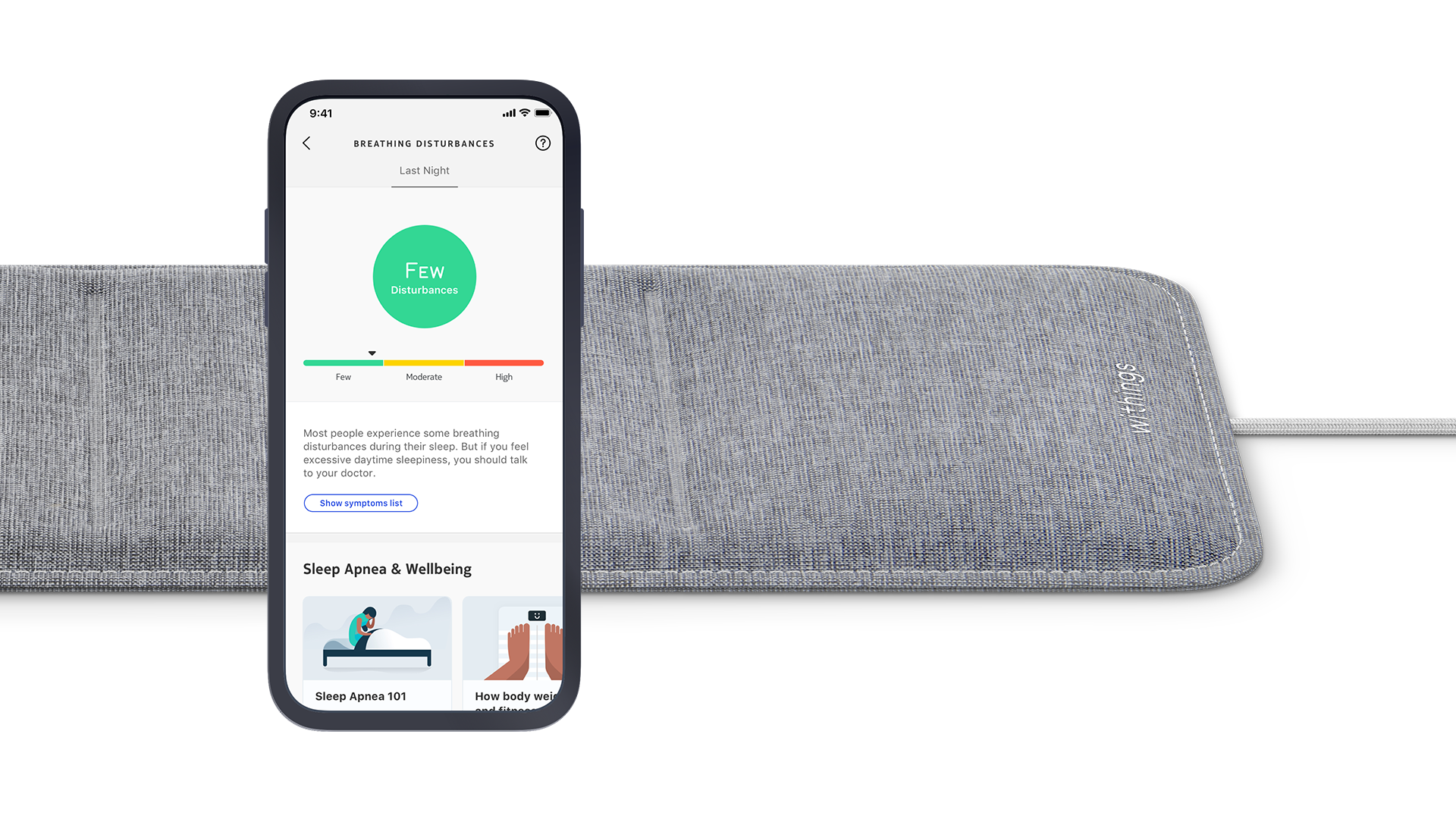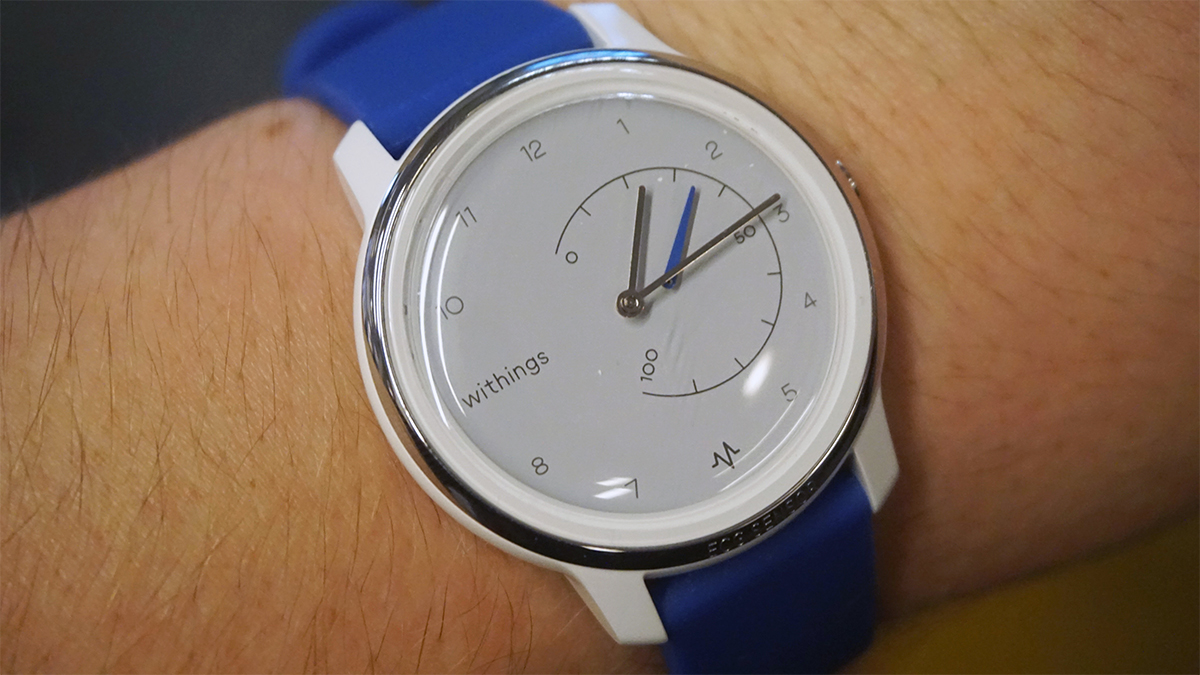Why now is the perfect time to buy a sleep tracker
A buying decision you don’t want to sleep on

Sign up for breaking news, reviews, opinion, top tech deals, and more.
You are now subscribed
Your newsletter sign-up was successful
If your country is in lockdown right now, you might find your sleeping schedule has gone out the window. Don’t worry, though, because tech is here to help.
Currently you might be unable to sleep, wake up still tired, feel sleepy through the whole day, or find your night-time sleep isn’t fulfilling. This could be from the anxiety of lockdown or current world affairs, because your circadian rhythm is messed up from a lack of sunlight, or simply because your brain no longer associates bed with ‘sleep’ as much as it does ‘Netflix, games and playing on the phone’.
However there’s tech for that - the best sleep trackers and monitors can be used to help you understand your sleeping patterns, by viewing data and graphs, and some can even suggest ways to improve your sleep schedule or even tie in with other devices to generally help you with your health and fitness.
Sleep tech used to be confined to luxury items, with fitness trackers and other pieces of kit being far more useful for your overall health, but with so many people reporting sleep issues during the lockdown period, maybe now is the perfect time to buy a sleep tracker.
We've written guides on why fitness trackers are great pieces of lockdown kit, and why smartwatches can be really great when you're stuck at home a lot, but now it's time to recommend sleep trackers too.
It’s worth noting though that sleep tracking tech isn’t guaranteed to help you sleep better - its purpose is more to chart your patterns and habits, and sometimes give suggestions on how to improve, rather than to improve your sleep in itself.

Help you see how long you sleep
You might not sleep for as long or as deeply as you think - between lying awake, and drifting between various sleep states, the time you spend in bed isn’t necessarily all spent in deep sleep, and without a sleep tracker you might not properly understand how much sleep you really get.
Sign up for breaking news, reviews, opinion, top tech deals, and more.
Thankfully many fitness trackers help you by recording your sleep habits, breaking down each night and usually presenting the findings in an easy-to-see way, so you can truly understand how well and for how long you’re asleep.
With a sleep tracking gadget you might realize how late you’re getting to sleep, or see general patterns that help you understand and improve your nightly cycle, which can be great for ensuring you get a good nights’ sleep.
Fitbit’s fitness trackers and wearables can track your sleep, and present their findings in a really easy-to-understand graph on the app. Check out the Fitbit devices below to see if any are for you:

Subtle enough to stay out the way
Unlike fitness trackers, sleep trackers aren’t necessarily physical bands that you strap onto your body, although they certainly can be.
Some of the top sleep trackers actually go under your mattress, or under your bed sheets, or around your bed, so they’re out of sight and out of mind during the night. In these positions the trackers can monitor things like your restlessness and motion during the night, not just how long you sleep for.
The sleep trackers that are subtle enough to stay out the way won’t impede your sleep, won’t get uncomfortable, and still track loads of metrics, so if you want a product that easily fits into your smart home, perhaps one of these sleep trackers should be your next purchase.
The Withings Sleep is an example of a product which can easily be slotted under your mattress to stay out of sight and out of mind - except when you’re checking the results the next day. Here is its price in your region, in case you are interested:

Suggest ways to improve sleep
With sleep tracking, as with most things, knowing is half the battle, as the saying goes. But then the other half of the battle involves actually using that knowledge to win - and sleep tech can help in this department too.
Not only do some of the best sleep trackers monitor how long you sleep for, and in what sleep state, but they can also suggest ways to improve your night of rest. This feedback can vary from basic ideas like going to bed earlier, to specific ways to change your bedroom environment and atmosphere to really facilitate a great night of sleep.
Of course the advice given by a sleep tracker isn’t guaranteed to improve your rest, but it can help you consider factors you hadn’t thought of yourself, and in that way might aid some users in getting a great night's sleep.
The SleepScore Max doesn’t just monitor your sleep but your bedroom’s noise, light and temperature through the night, and this can help you notice any mitigating factors that might stop you sleeping as well as you could:
- Check out the SleepScore Max here

Can be used during the day too
Many of the most useful sleep trackers aren’t just bedtime bands but also useful devices you can use during the day.
Some smartwatches and fitness trackers have built-in sleep monitoring capabilities, and if you buy such a device to help you track your sleep, you might find it useful for during the day too. It might simply count your steps or track your exercises, or pass on notifications and have useful lifestyle functions of its own, depending on the model.
This is the case for wearable devices, at least - static ones that go under your mattress or next to your bed won’t be useful during the day, unless you spend as much of the daytime in bed as you do the night.
There are many great wearable sleep trackers, but one of the best is the Withings Move, an affordable hybrid smartwatch which tracks your exercise, but also rates your sleep out of 100 to help you understand how well you napped. It has some issues, so we’d recommend checking out our Withings Move review to see what they are, but it's a device you might find useful, so we’ll list its prices below:

Tom Bedford is a freelance contributor covering tech, entertainment and gaming. Beyond TechRadar, he has bylines on sites including GamesRadar, Digital Trends, WhattoWatch and BGR. From 2019 to 2022 he was on the TechRadar team as the staff writer and then deputy editor for the mobile team.